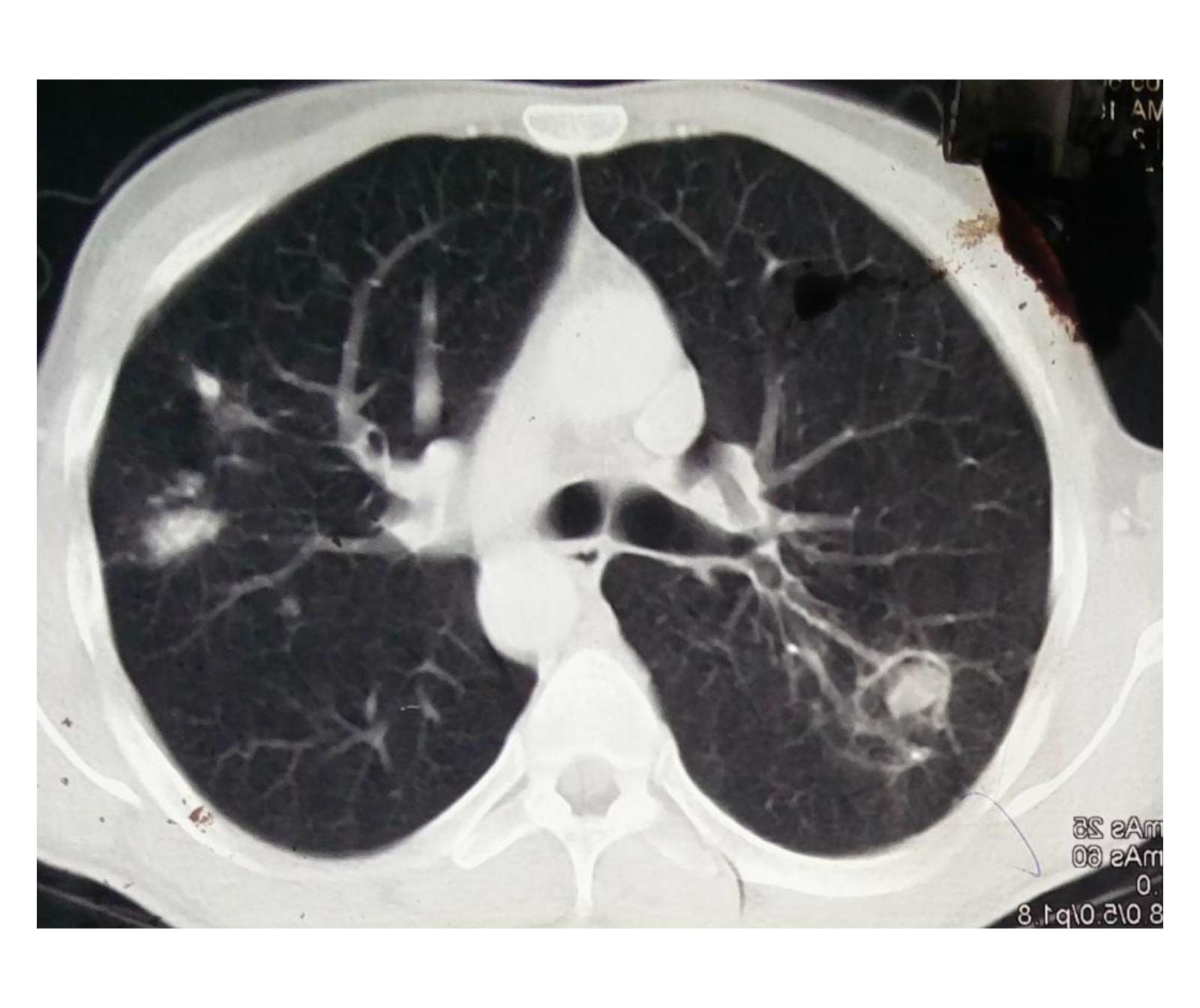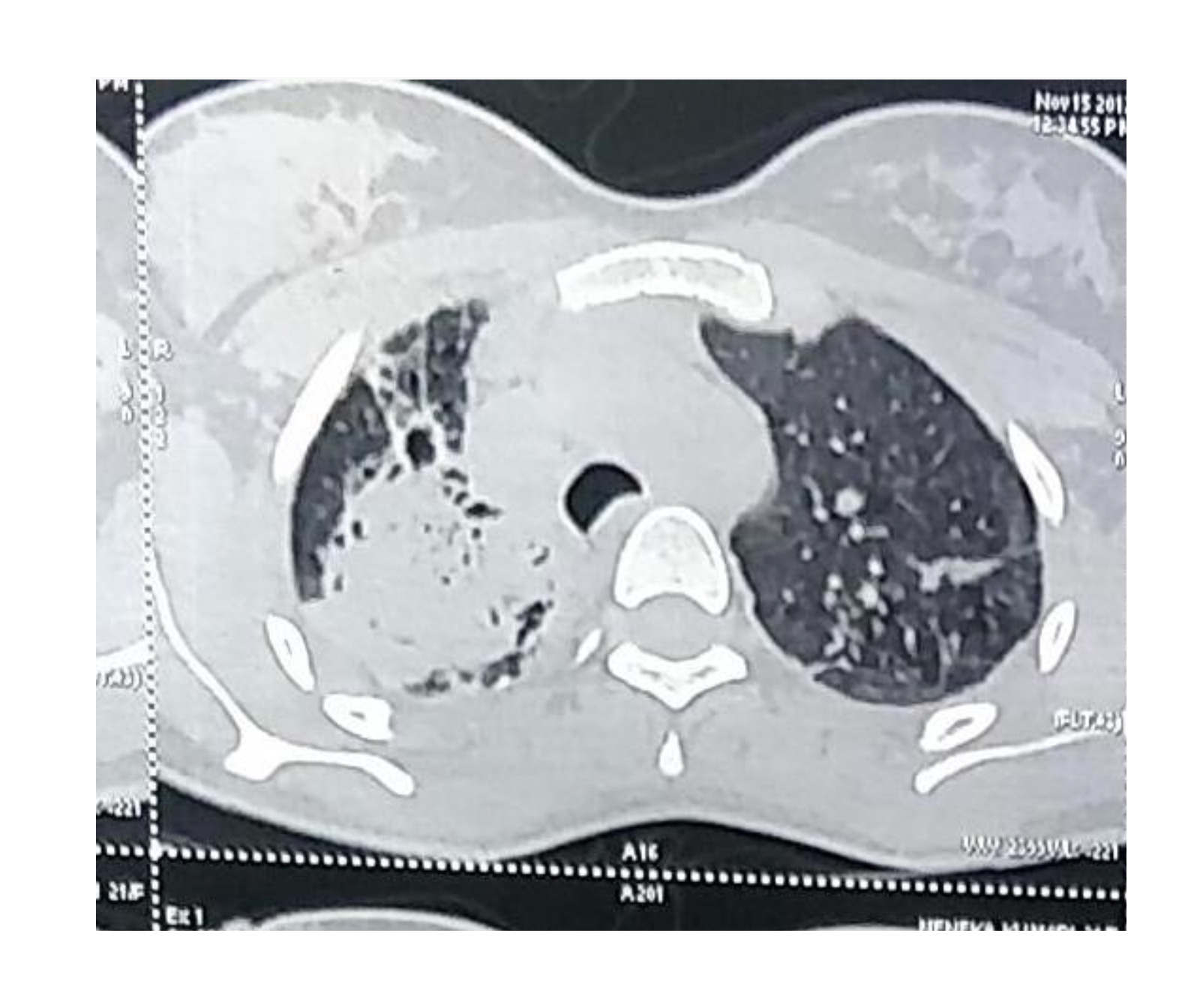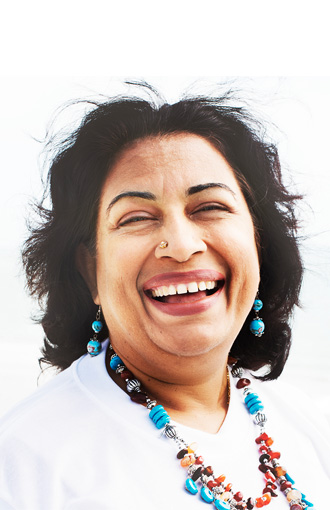National Heart Institute, Holy Family Instititue
Sir Ganga Ram Hospital – Mon, Wed, Fri (8 AM – 10 AM) – F87 OPD Building (12 to 3 PM) at Room 2328
MBBS, MS, Doctorate Thoracic Surgery
Thoracic Surgeon – New Delhi
MBBS, MS, Doctorate Thoracic Surgery
Holy Family Hospital Delhi
Multidrug-Resistant Tuberculosis (MDR-TB) Treatment Delhi
Decoding MDR-TB:
Multidrug-Resistant Tuberculosis
MDR-TB can be challenging, but it is treatable
MDR TB is a form of tuberculosis caused by bacteria that are resistant to at least two of the most effective anti-TB drugs. This resistance makes MDR TB more challenging to treat and control compared to drug-susceptible TB.
Regular TB is usually treated with a combination of drugs, and most people get better with this treatment. But with MDR-TB, the TB bacteria in your body have become resistant to these drugs. So, different medicines are needed.
Dr Pallavi Purwar
Thoracic Surgeon - Holy Family Hospital Delhi
Symptoms of MDR-TB
Persistent Cough:
If you have a cough that lasts for more than three weeks, especially if it's productive (produces phlegm), it could be a sign of MDR-TB.
hemoptysis - Blood in Cough
When TB infection damages the lungs, it can lead to the formation of scar tissue or cavities. These structural changes can weaken blood vessels in the lungs, making them more prone to bleeding. Hemoptysis can occur when these blood vessels rupture, causing blood to be coughed up.
Chest Pain or Pressure or Chest Discomfort
Chest pain can occur as a result of the scarring and fibrosis that develops in the lungs after TB. The pain may be sharp or dull and can be exacerbated by deep breathing or physical activity.
Unraveling Multidrug-Resistant Tuberculosis (MDR-TB)
Surgery may be considered as an adjunct to medical therapy in certain situations. For example, if there is a localised area of infection that is not responding well to medication, surgery may be recommended. Additionally, surgery may be considered for the removal of lung cavities or to address complications such as hemoptysis (coughing up blood).
Non Surgical Treatment It’s important to note that not all cases of MDR tuberculosis require surgical intervention. Many individuals can manage their symptoms through non-surgical approaches, such as pulmonary rehabilitation, medication, and lifestyle modifications. However, in severe cases where conservative treatments are not sufficient, surgical options may required to explo
Wealth of Experience
Treatment of Multidrug-Resistant Tuberculosis (MDR-TB)
Dr Pallavi Purwar as a Thoracic Surgeon at Holy Family Hospital Delhi, New Delhi have excellent surgical skills and experience in performing procedures related to the thoracic region.
Highly skilled Surgical Intervention: Dr Pallavi Purwar can perform surgical procedures such as lung volume reduction surgery to improve lung function and quality of life for individuals with severe scarring.
Non Surgical Treatment It's important to note that not all cases of post-tuberculosis sequelae require surgical intervention. Many individuals can manage their symptoms through non-surgical approaches, such as pulmonary rehabilitation, medication, and lifestyle modifications. However, in severe cases where conservative treatments are not sufficient, surgical options may required to explore.
Multidisciplinary Approach Decision to involve a thoracic surgeon in the treatment of post-tuberculosis sequelae is typically made in collaboration with a multidisciplinary team of healthcare professionals, including pulmonologists, infectious disease specialists, and radiologists. This collaborative approach ensures that the most appropriate and effective treatment plan is developed for each individual based on their specific needs and circumstances.


Core of Our Practice
Each Patient's Journey is Unique
At the core of our practice lies the belief that each patient’s journey is unique.
We are committed to understanding your specific needs and expectations, and partnering with you in devising a personalised treatment plan. Your comfort, confidence, and well-being are our utmost priorities.
Understanding Individual Needs: As a Thoracic Surgeon at Holy Family Hospital Delhi, Dr. Pallavi Purwar prioritise understanding each patient's specific needs and expectations to tailor a personalised treatment plan.
Focus on Comfort & Well Being: Our utmost priorities are ensuring our patient's comfort, instilling confidence in their treatment journey, and promoting overall well-being throughout the process.
General FAQ
FAQ: MDR TB Treatment
MDR-TB is a type of tuberculosis that doesn't respond well to standard TB medications. It's caused by TB bacteria that have become resistant to these drugs.
Yes, MDR-TB can be cured with the right treatment. It's essential to take your medicines exactly as prescribed by your doctor and follow their advice.
MDR-TB medications can have side effects, like upset stomach, dizziness, and hearing problems. Your healthcare team will monitor you and help manage these side effects.
You can usually continue with your daily activities, but it's important to avoid close contact with others, especially in enclosed spaces, to prevent spreading TB.
Yes, maintaining a healthy diet is important to support your recovery. Eating nutritious foods can help your body fight the infection.In tuberculosis we recommend taking foods rich in protein such as chana, daal, paneer, egg, non vegetarian foods like chicken, fish, mutton
